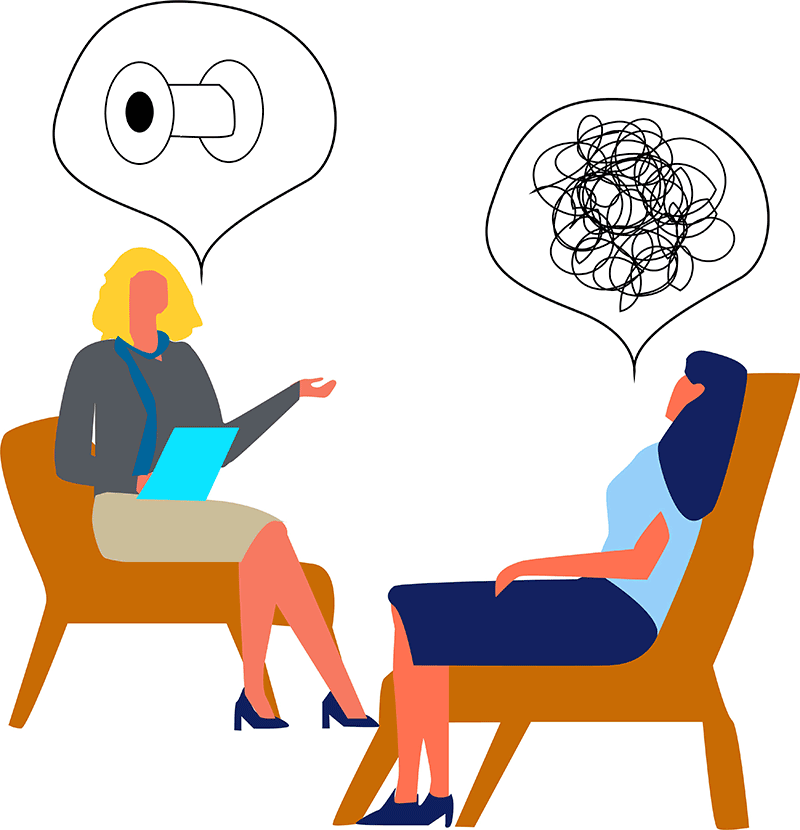The medical profession is a time-consuming yet fruitful area. It has several branches to look up to. One interesting branch of it is diagnostics. It is an area of medicine that solves complex medical problems and conditions using a diagnostic approach such as lab testing, patient interrogation, etc. Diagnosticians are like the Sherlock Holmes of the field. Their job demands them to behave like a detective. We need diagnosticians at the current times. Especially after the outbreak of the coronavirus. You may have a common disease like Lupus (a condition where the antibodies attack their tissues) The symptoms may not be that common, considering the weak immunity. As per an Article by Hospital career, Diagnostics isn’t a board-registered medical special, but aside focus a specialist could have. That brings us to the next part.
How to get a degree In Diagnostics?
- Secondary school education: after 10th pick up your bag and get into science. The combination of PCMB (Physics, Chemistry, Maths, and Biology). Once done with your boards make sure to answer medical entrance tests. The most common test is NEET. While the specialized college has its test like AIIMS, JIPMER, Kasturba Medical college Nehru Medical college, etc.
- Graduation: based on your score at NEET, apply for MBBS in a Medical college. It is five and a half years of course that cover all aspects of medicine as a field. Out of the 5 years, one year is a mandatory internship. This must be followed by a PG entrance test. Once again NEET-PG is common one people take.
- Post-Graduation: Based on your NEET PG score apply for the degree of MD (Medical Doctor) and specialized in the branch of your choice. It’s a 3-year course. The most common field for Diagnosticians is neurology, Radio diagnosis, Nuclear medicine, nephrology, immunology, etc.
- Residency: This is what you signed up for. Residency is a practice under professional guidance. This the complete practical work and requires all the knowledge you achieved in the last eight and a half years needs to be put into practice. Every doctor has to go through this. it’s a process of a minimum of 3 years.

Then apply for the license and you are good to practice your specialty as well as be a Diagnostician.
Below is the list of a few colleges in India that you can consider.
MBBS
- Cristian Medical college, Vellore. Eligibility: 12th pass and NEET scores.
- St. Johns Medical College Bangalore. Eligibility: 12th pass and NEET score
- All India Institute of Medical Science, New Delhi. Eligibility: 12th pass and AIIMS score.
- Grant Medical College, Mumbai. Eligibility: 12th pass and NEET score.
- SRM Medical College Hospital and Research Centre, Chennai. Eligibility: 12th pass and NEET score.
MD colleges need to choose based on the specialist you wish to be. DR. D Y Patil Medical College, Pune has a degree of MD in general medicine while MS Ramaiah Medical College, Bangalore has MD Anesthesiology.
While the notion remains that every doctor is a diagnostician one also needs to understand the extraordinary cases. Not everyone is a puzzle fan. And working on these special cases is a puzzle. This brings us to the skills and responsibilities of a diagnostician.
Responsibilities
- Examine: Physical examination is the first step to diagnose any disease. Marks, rashes, cuts, or tears. These could be symptoms of the cause and may need special attention. Hence examining and justifying the cause of those symptoms is necessary.
- Tests: Thousands of tests can be conducted on a patient. But this is time-consuming and costly. Hence a diagnostician must understand the test the are required for a particular patient and only then order it.
- Histories: This is an interview process. The Doctor must make sure they get the history of the patient to cross out or find hereditary disease. A disease can emerge out of odd habits a patient might have. Hence history is an important responsibility that needs attention.
- Clues and gap-filling: Once all the above information is gathered they need to place well. They are the clues to what the person may have. Sometimes the doctor might have to anticipate and fill the gaps.
- Test results: The anticipations can be confirmed with test results. The diagnostic department operates large pieces of machinery to conduct the scan, chemical analysis, etc.
- Treatment and medication: Once the diagnosis is confirmed, the patient shall be medicated to treat the disease.
- Follow up: Responsibilities don’t end the moment the patient walks out of the hospital. The doctor needs to keep a follow-up to ensure the treatment has worked and no side-effects are emerging.

Skills
As for detective diseases, one needs to have skills like problem-solving and data analysis. The job of any doctor is not time-bound hence be ready to burn the midnight oil. Showing empathy is a must to get the patients comfortable enough to talk about intimate issues (physically and mentally). Assist them and have a caring approach.

Fun Tip!
If you wish to know how a diagnostics department works, I recommend the American series titled ‘House MD’. This article is asking you to focus on the medical aspect of the show and not Drama!
Also Read:






